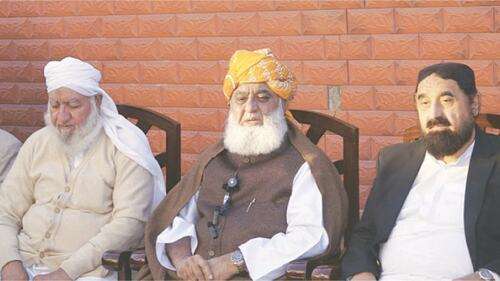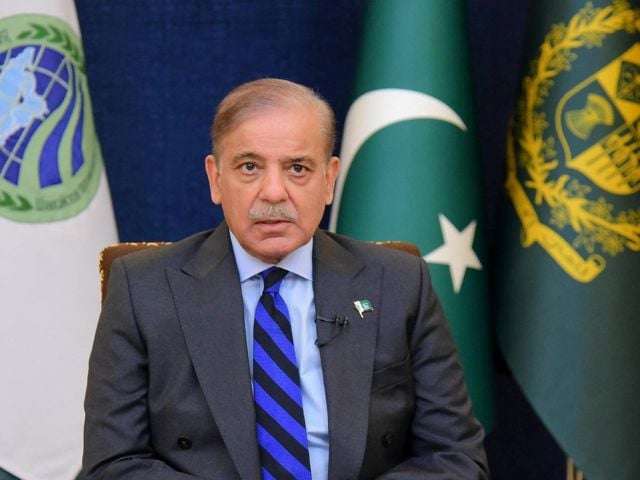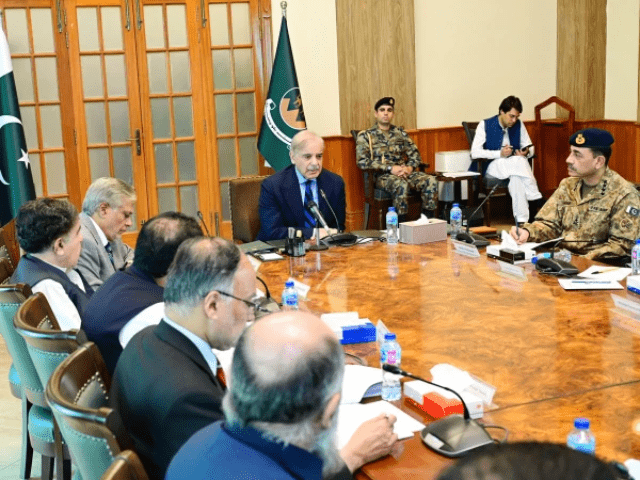Introduction to the Issue and Political Context
The recent controversy surrounding the Societies Registration (Amendment) Act, 2024, which deals with the registration and regulation of madressahs (religious seminaries), has taken center stage in Pakistan’s political and religious discourse. The bill, which has already been approved by both the National Assembly and the Senate, still awaits the final sign-off from President Asif Ali Zardari. His delay in signing the bill has ignited intense criticism from religiopolitical parties, particularly from the Jamiat Ulema-i-Islam-Fazl (JUI-F), who argue that the government is employing delaying tactics that could have serious ramifications both domestically and internationally.
This article will delve into the significance of the madressah registration bill, the political dynamics involved, President Zardari’s concerns, and the potential consequences that Pakistan might face due to any further delays.
Background on the Madressah Bill
The Societies Registration (Amendment) Act, 2024 aims to regulate madressahs in Pakistan through a framework similar to that of other educational institutions, including oversight by the relevant deputy commissioner’s office. Previously, madressahs were registered under different religious seminary boards based on sectarian divisions. However, since 2019, the PTI-led government had shifted the registration responsibility to the education departments, a move that was welcomed by most religious groups. Yet, some factions within the religious community, particularly those aligned with the JUI-F, rejected this shift and advocated for the return of madressah registration to the Societies Act, as was the case prior to 2019.
The Bill’s Provisions
The bill outlines various provisions concerning the management and oversight of madressahs, such as:
- Registration: All madressahs must be registered with the relevant deputy commissioner’s office.
- Annual Reports: Madressahs must submit detailed reports on their educational activities.
- Financial Audits: All madressahs are required to undergo annual financial audits and submit their findings to the registrar.
- Ban on Militancy and Sectarianism: The bill stipulates that madressahs must refrain from teaching or publishing materials that promote militancy, sectarianism, or religious hatred.
The government’s decision to pass this bill stems from a series of consultations and deliberations initiated after the tragic 2014 Army Public School attack, which raised serious concerns about the influence of certain seminaries in promoting extremist ideologies.
The Role of President Zardari in the Delay
Although the Societies Registration (Amendment) Act, 2024 passed through both houses of parliament in October 2024, President Zardari has yet to sign the bill into law. This delay has sparked a backlash, particularly from the JUI-F, which accuses the ruling coalition of deliberately stalling the bill.
In late October, President Zardari returned the bill to the National Assembly with several objections, citing “technical flaws” in the document. He also expressed concerns regarding the potential international ramifications of signing the bill in its current form. The President’s objections were primarily based on the alignment of the bill with Pakistan’s international obligations, including issues related to financial transparency and sectarianism.
International Consequences of Delaying the Bill
According to a letter from President Zardari to Prime Minister Shehbaz Sharif, dated November 13, 2024, the President warned of significant international repercussions if the madressah bill is not handled with care. He emphasized that the registration of madressahs under a law designed for societies, which could have conflicting interests, might result in international criticism or sanctions.
In particular, President Zardari pointed to potential negative reviews from the Financial Action Task Force (FATF), an intergovernmental body that monitors anti-money laundering and counter-terrorism financing efforts. The FATF has previously placed Pakistan on its grey list due to concerns over the regulation of seminaries and the funding of militant activities. Moreover, he also mentioned the potential consequences in terms of the Generalised System of Preferences-Plus (GSP-Plus) status, which offers Pakistan preferential trade access to the European Union. A failure to comply with international regulations and standards could jeopardize this status and harm Pakistan’s economic interests.
Religious and Political Backlash
The ongoing standoff between the government and JUI-F has deepened political divisions. Religious groups that have supported the bill see its passage as a crucial step toward regulating madressahs and ensuring they adhere to national education standards. On the other hand, some factions view the bill as a government attempt to impose secular controls on religious institutions, which they see as a violation of religious freedoms.
JUI-F, which is one of the largest and most influential religious political parties in Pakistan, has warned of mass protests if the government continues to delay the bill. In a statement, JUI-F leadership claimed that the delay in signing the bill into law is a form of political maneuvering designed to avoid the full implementation of the agreement made with the religious parties during the passage of the 26th Amendment.
Legal Concerns Raised by President Zardari
President Zardari also raised concerns about the legal compatibility of the bill with Pakistan’s Constitution, particularly Article 227, which mandates that all laws in the country must conform to the teachings of the Holy Quran and Sunnah. He pointed out that the inclusion of madressah education in the Societies Registration Act, which also governs secular entities like arts and culture organizations, could lead to constitutional challenges. This concern is based on the belief that madressahs, by definition, should be distinct from secular entities and, therefore, cannot be governed under the same legal framework.
Furthermore, the President expressed concerns that registering madressahs as societies might create additional sectarian divides within the religious community, leading to the formation of multiple competing factions and the possible creation of “fiefdoms” controlled by specific religious groups.
The Debate on Madressah Regulation
The debate surrounding the regulation of madressahs is complex and multifaceted. On one hand, there are calls for madressahs to be properly regulated to ensure they do not promote violence or extremist ideologies. On the other hand, religious leaders argue that such regulations infringe on their religious autonomy and would undermine the purpose of religious education in Pakistan.
Historically, religious seminaries have been a key part of Pakistan’s educational landscape, particularly in rural areas. The need for madressah reform emerged after the growing concerns about the role some seminaries played in fostering extremism. The challenge, however, lies in balancing the need for regulation with the rights of religious institutions to operate freely without undue interference from the state.
Looking Ahead: What’s Next for the Madressah Bill?
As Pakistan’s political leadership grapples with the madressah registration bill, the question remains: will President Zardari sign the bill into law, or will the political pressure from religious groups force further delays? The government’s handling of the matter will have far-reaching consequences for both Pakistan’s internal stability and its international standing.
Frequently Asked Questions (FAQs)
- What is the Societies Registration (Amendment) Act, 2024?
- The Act is a legislative measure designed to regulate madressahs in Pakistan by placing them under the supervision of the relevant deputy commissioner’s office.
- Why is President Zardari delaying the signing of the madressah bill?
- President Zardari has raised concerns about potential international consequences, legal challenges, and sectarian risks arising from the bill.
- What international repercussions could Pakistan face if the bill is not signed?
- Pakistan may face criticism from bodies like the Financial Action Task Force (FATF) and could risk losing its preferential trade status under the GSP-Plus scheme.
- What does Article 227 of the Constitution say about madressah regulation?
- Article 227 mandates that all laws in Pakistan must comply with Islamic principles, which may create challenges in regulating madressahs under secular legislation.
- How are religious groups reacting to the delay in signing the bill?
- Religious groups, especially those aligned with JUI-F, have criticized the delay and warned of protests if the government does not act swiftly.
Conclusion
The standoff over the madressah registration bill highlights the ongoing tension between political control and religious freedom in Pakistan. The decision to pass or reject the bill will not only affect the future of madressahs but also have significant implications for Pakistan’s international relations and internal political dynamics. As the country navigates these challenges, all eyes are on President Zardari’s next move.
ALSO READ
https://flarenews.pk/2024/12/13/poco-x7-leak-excites-ahead-of-redmi-note-14-pros-global-launch/



